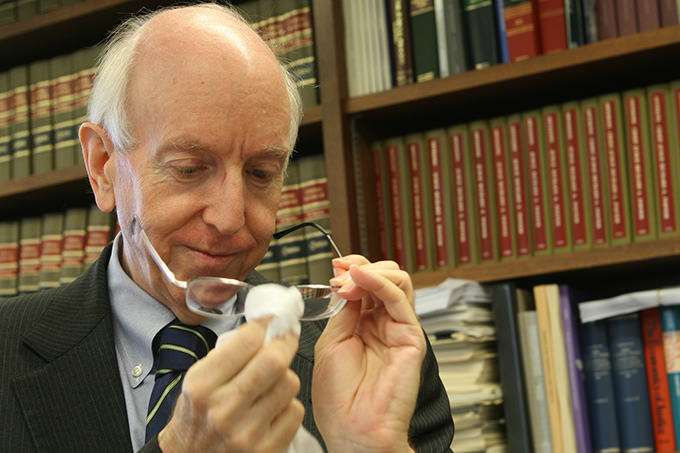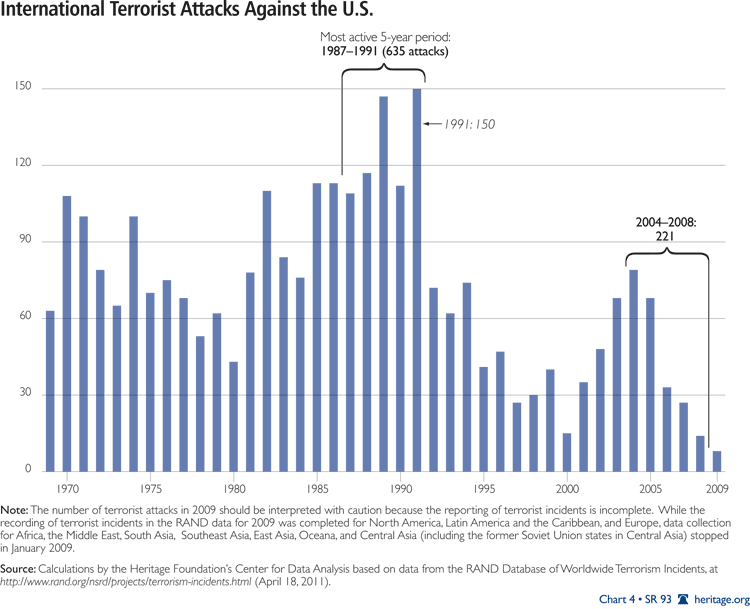Richard Posner: Privacy is "Mainly" About Concealing Guilty Behavior
- OurStudio

- Dec 8, 2014
- 2 min read

If you were ever wondering how federal judges feel about limiting the state's ability to surveil you for whatever reason they want as long as they sprinkle the fairy dust of national security in the air, wonder no more! The short answer? The state has every right to do pretty much whatever it wants!
Here's Judge Richard Posner, erstwhile pioneer of the law-and-economics movement and member of the U.S. Court of Appeals for the Seventh Circuit, opining on the matter:
"Much of what passes for the name of privacy is really just trying to conceal the disreputable parts of your conduct," Posner added. "Privacy is mainly about trying to improve your social and business opportunities by concealing the sorts of bad activities that would cause other people not to want to deal with you." Congress should limit the NSA's use of the data it collects—for example, not giving information about minor crimes to law enforcement agencies—but it shouldn't limit what information the NSA sweeps up and searches, Posner said. "If the NSA wants to vacuum all the trillions of bits of information that are crawling through the electronic worldwide networks, I think that's fine," he said. In the name of national security, U.S. lawmakers should give the NSA "carte blanche," Posner added. "Privacy interests should really have very little weight when you're talking about national security," he said. "The world is in an extremely turbulent state—very dangerous." Posner criticized mobile OS companies for enabling end-to-end encryption in their newest software. "I'm shocked at the thought that a company would be permitted to manufacture an electronic product that the government would not be able to search," he said.

Heritage Foundation
Say it ain't so, judge! Posner's comments, quoted by PC World, came at a conference privacy and cybercrime. There is something incredibly—even wilfully—naive in giving the NSA or any other agency "carte blanche" to collect data and then expect the powers that be to limit their use of it to legitimate purposes. Here's a banal example that is both shocking and indicative of how well that menality works: NSA "interceptors" routinely recorded and swapped phone sex exchanges between soldiers in Afghanistan and their loved ones back home.
It's not exactly clear, either, what sorts of procedural safeguards Posner thinks are legitimate these days. Does the government need to get individual warrants for specific data and information? Or is a blanket warrant good enough for government work?
Posner has long been one of the most influential jurists of the past 50 years. Read a 2001 Reason interview with him here and then scroll these pieces about him that chart his gravitation toward giving the government more and more power in the name of fighting terrorism and protecting the status quo (including secret trials, expanding copyright laws to protect newspapers' ROI, and worse).
Although appreciated by libertarians for bringing cost-benefit analyses and other economics-related tools to applications of the law, Posner doesn't believe in limitations on state power from a philosophical angle. If a policy is likely to produce what he figures is the maximization of social welfare, let 'er rip. In an age of terrorism where threat inflation is the coin of the realm, such a perspective ineluctably leads to characterizing privacy as more of a problem than an expectation.




Comments